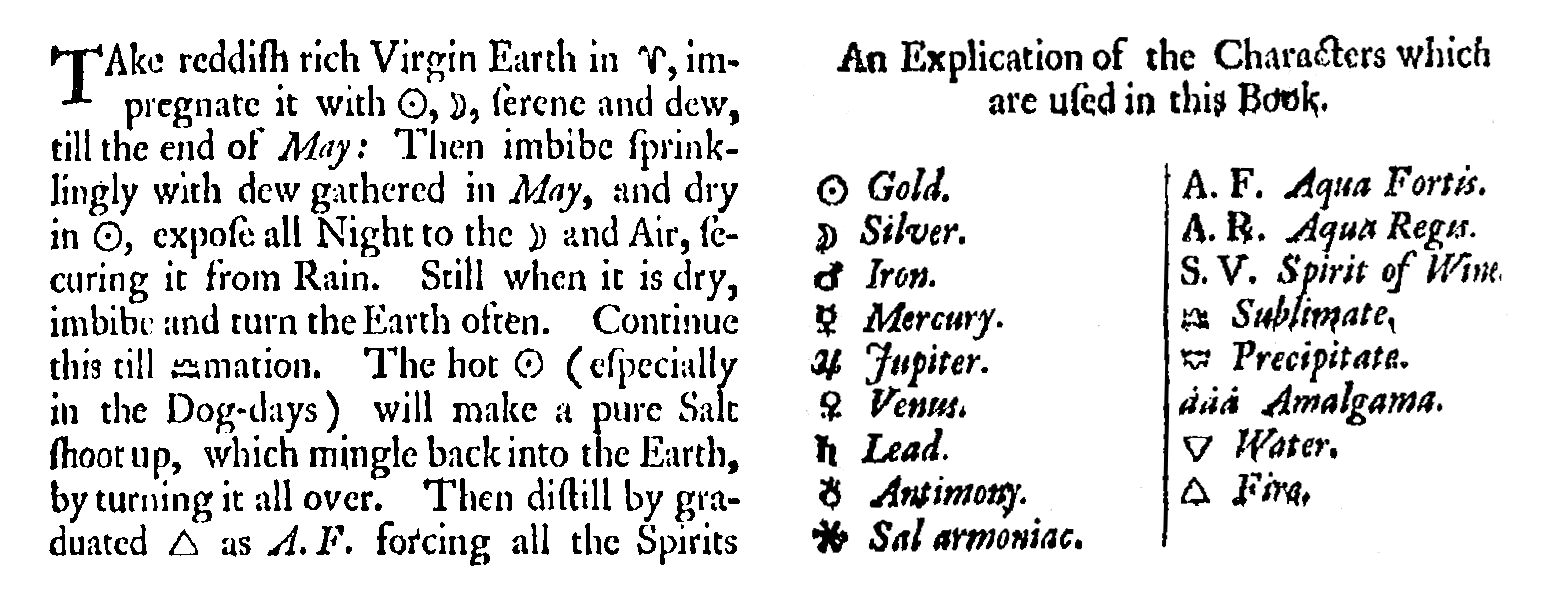A recent post by Dr. Wes reminded me of the remarkable article Alvan Feinstein wrote in 1995 “Meta-Analysis: Statistical Alchemy for the 21st Century.” In a few clearly written pages, the founding father of clinical epidemiology brilliantly identifies the wishful thinking underlying meta-analysis and exposes its methodological fallacies.Continue reading “The Statistical Alchemy of Meta-Analyses”
Category Archives: Healthcare policy
CER and MCC: a marriage made in DC
The NEJM has just published another promotional piece on “Comparative Effectiveness Research” in its on-going series on health policy and reform. But this time, behind the usual grandiose claims of CER, authors Tinetti and Studenski betray a certain tone of apprehension…
The aim of comparative effectiveness research (CER) is to improve the quality, effectiveness, and efficiency of health care and to help patients, health care professionals, and purchasers make informed decisions. CER is moving forward, with recently defined priorities and a newly funded Patient-Centered Outcomes Research Institute, which we hope will survive congressional cost cutting.
Congressional cost cutting! How dare they! Those tea-party rubes! Anti-quality, that’s what they are!Continue reading “CER and MCC: a marriage made in DC”
On the Squandering of Medicare’s Money
Emperor Joseph II: My dear young man, don’t take it too hard. Your work is ingenious. It’s quality work. And there are simply too many notes, that’s all. Just cut a few and it will be perfect.
Mozart: Which few did you have in mind, Majesty? (Amadeus, 1984)
The New York Times recently published an opinion editorial entitled “Squandering Medicare’s Money” in which Dr. Rita Redberg, professor of cardiology at UCSF, proposes that much of Medicare’s financial deficit could be reduced if the government did not spend “a fortune each year on procedures that have no proven benefit.” To support her contention, Redberg cites several studies which indicate that many routinely performed tests and treatments do not improve patient outcomes in any measurable way, and are therefore “unnecessary.” Examples given are screening colonoscopies for patients over 75, PAP smears for women over 65, coronary stents for people with stable angina, and so forth. At an estimated cost of $150 billion, these procedures seem like obvious candidates for the deficit-reduction chopping block.Continue reading “On the Squandering of Medicare’s Money”
Is an ounce of detection worth a pound of public health prevention?
It is a rare occasion nowadays when academic journals treat us to an editorial debate of some substance. The staff at the Journal of the American College of Cardiology can be applauded for publishing last summer two articles representing fundamentally opposed viewpoints on the best strategy to avoid cardiovascular illness. Amusingly, both claimed in the title of their piece the distinction of promoting a “rational approach” for the reduction of cardiovascular risk.Continue reading “Is an ounce of detection worth a pound of public health prevention?”
The public health myths of cardiovascular disease prevention
Like any political activity, public health advocacy must rely on the ordinary tools of political propaganda to advance its intended agenda. Such is the case with public health proposals for the prevention of cardiovascular disease. A critical examination of the topic exposes the blurred line between prevention and pretension.Continue reading “The public health myths of cardiovascular disease prevention”

